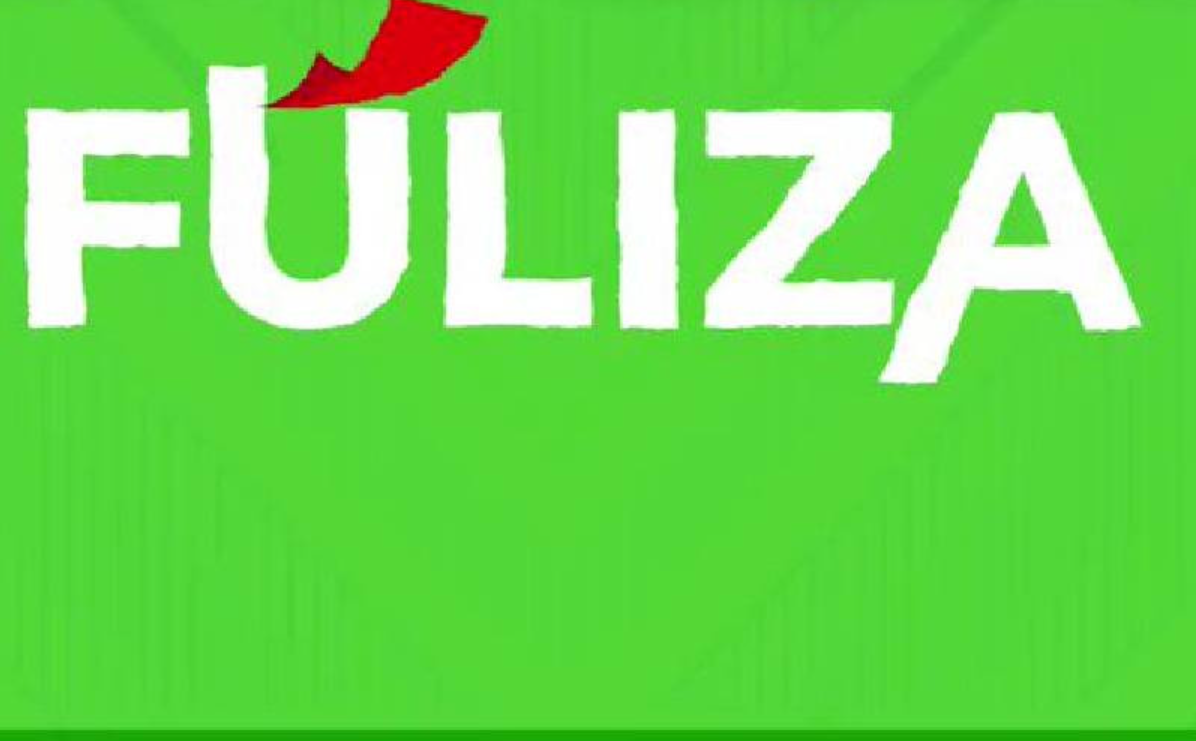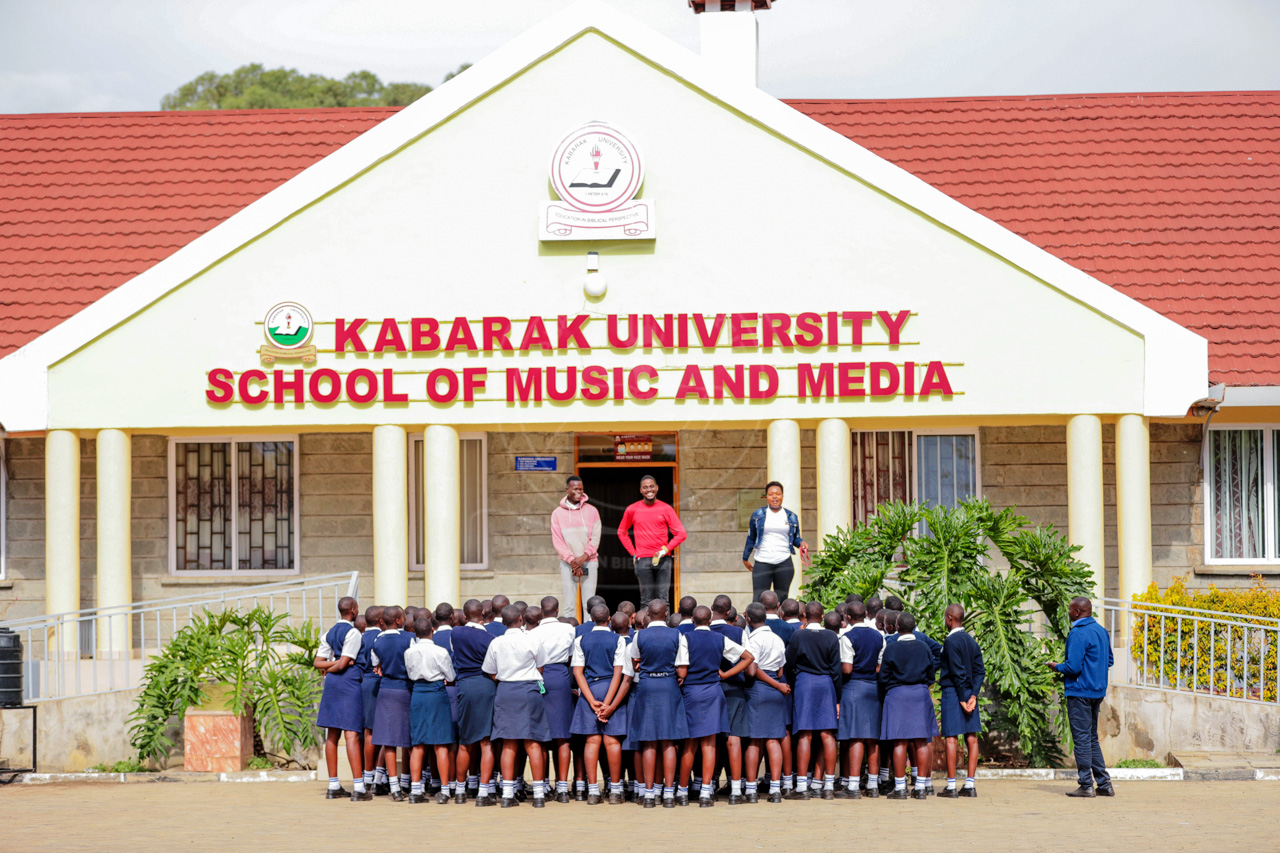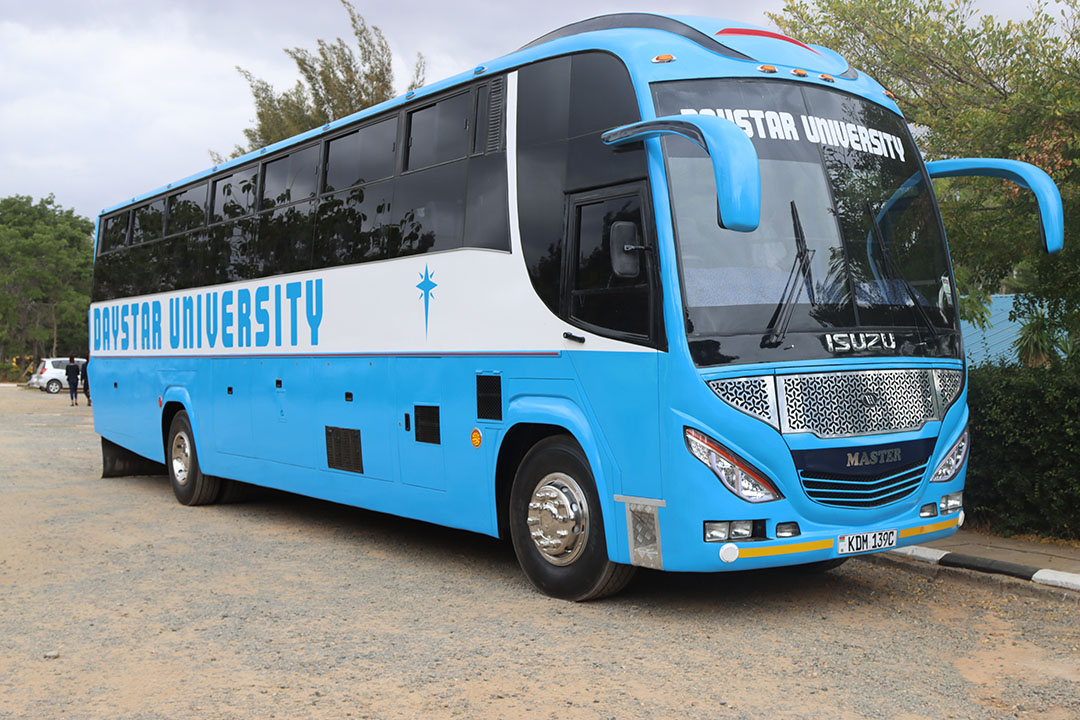The Kenya National Examination Council (KNEC) has officially released the KCSE exam timetable 2025, giving candidates a full picture of this year’s testing period. The national exams begin on 21st October 2025 with practical papers and will end on 21st November 2025 after a month of testing across the country.
Candidates, teachers, and parents are urged to familiarise themselves with the schedule and the strict exam rules to ensure smooth administration and avoid any irregularities.

KCSE Exam Timetable 2025 Overview
The KNEC KCSE exam timetable 2025 provides a clear structure for both practical and theory papers. According to the council, practical papers will take place from 21st to 31st October 2025, while theory papers will start on 3rd November and continue until 21st November.
Below is a summary of the opening week of the examination schedule:
| Date | Session | Paper | Duration |
|---|---|---|---|
| 21 Oct 2025 | Morning | Practical (Home Science, Computer Studies, Art & Design) | 2–3 hours |
| 22–25 Oct 2025 | Morning & Afternoon | Ongoing Practicals (Agriculture, Metalwork, Woodwork) | 2–3 hours |
| 27–31 Oct 2025 | Morning & Afternoon | Remaining Practical Exams | 2–3 hours |
| 3 Nov 2025 | Morning | English Paper 1 (Functional Writing) | 2 hours |
| 4 Nov 2025 | Morning | English Paper 2 (Comprehension & Literature) | 2 hours |
| 5 Nov 2025 | Morning | Mathematics Paper 1 | 2½ hours |
| 21 Nov 2025 | Afternoon | Final Paper (Physics Paper 3 – Practical) | 2½ hours |
KNEC advises candidates to check their personalized timetables to confirm dates and paper codes for all their registered subjects.
KNEC Instructions to Candidates
All KCSE candidates must follow the KNEC exam timetable 2025 closely and adhere to official instructions provided by the Council. Candidates are required to be seated 15 minutes before the start of each paper.
Supervisors will not allow late arrivals unless there is a valid reason, and no candidate arriving more than 30 minutes late will be admitted to the exam room.
Exams will run in two sessions daily—the first at 8:00 a.m. and the second at 2:00 p.m. Candidates are encouraged to check their timetables a day before each exam to plan their transport and arrival.
KNEC also reminds students to ensure that:
- The question paper matches their registered subject before starting.
- Any missing maps, diagrams, or materials are reported to the Supervisor immediately.
- They read all instructions on the first page of the paper carefully before answering.
- All rough work is done in the answer booklet provided and not on separate sheets.
Any material not submitted must be left on the desk to be collected and destroyed by the Supervisor.
KNEC Rules and Candidate Conduct
The Council maintains strict rules to preserve exam integrity. Candidates must remain in the examination room until the full time elapses unless the Supervisor grants permission to leave. Even with permission, they are not allowed to carry question papers, rough work, or answer booklets out of the room.
During exams, students must:
- Keep their work private and avoid showing it to others.
- Avoid communicating with other candidates or outsiders.
- Only use authorized materials provided by KNEC.
If a paper is poorly printed, smudged, or contains errors, students must inform the Supervisor immediately. KNEC emphasizes that cooperation with invigilators and adherence to rules will ensure a fair and smooth examination process.
Penalties for Examination Irregularities
The KNEC Act No. 29 of 2012, Sections 27 to 40, outlines serious penalties for anyone involved in examination malpractices. Candidates caught in irregularities risk having their results cancelled for the affected subject or the entire examination. In such cases, KNEC will record a result “Y” (irregularity) for the candidate.
Severe cases, including widespread cheating at a centre, can lead to the cancellation of results for the entire school. Below is a summary of key offences and penalties under the Act:
| Offence | Relevant Section | Penalty |
|---|---|---|
| Leaking or revealing exam content | Section 27 | Up to 10 years imprisonment or fine up to KSh 2 million, or both |
| Damaging exam materials | Section 30 | Up to 5 years imprisonment or fine up to KSh 5 million, or both |
| Impersonating a candidate | Section 31 | Up to 2 years imprisonment or fine up to KSh 2 million, or both |
| Aiding or abetting irregularities | Section 29 | Cancellation of results and possible prosecution |
Candidates are strongly advised to maintain integrity and avoid any involvement in irregularities. Cheating not only leads to disqualification but also tarnishes the credibility of the examination system.
KNEC Guidelines for Teachers and Schools
Teachers and school administrators play a key role in ensuring compliance with KNEC regulations. The Council requires them to:
- Read and explain all instructions on the KCSE exam timetable 2025 to candidates.
- Emphasize the importance of punctuality, discipline, and honesty.
- Supervise students to prevent access to unauthorized materials.
- Ensure candidates understand the consequences of examination offences.
KNEC further advises schools to create an environment that minimizes anxiety and stress during the exam period. Teachers should also remind candidates to carry valid identification and writing materials for each session.











































